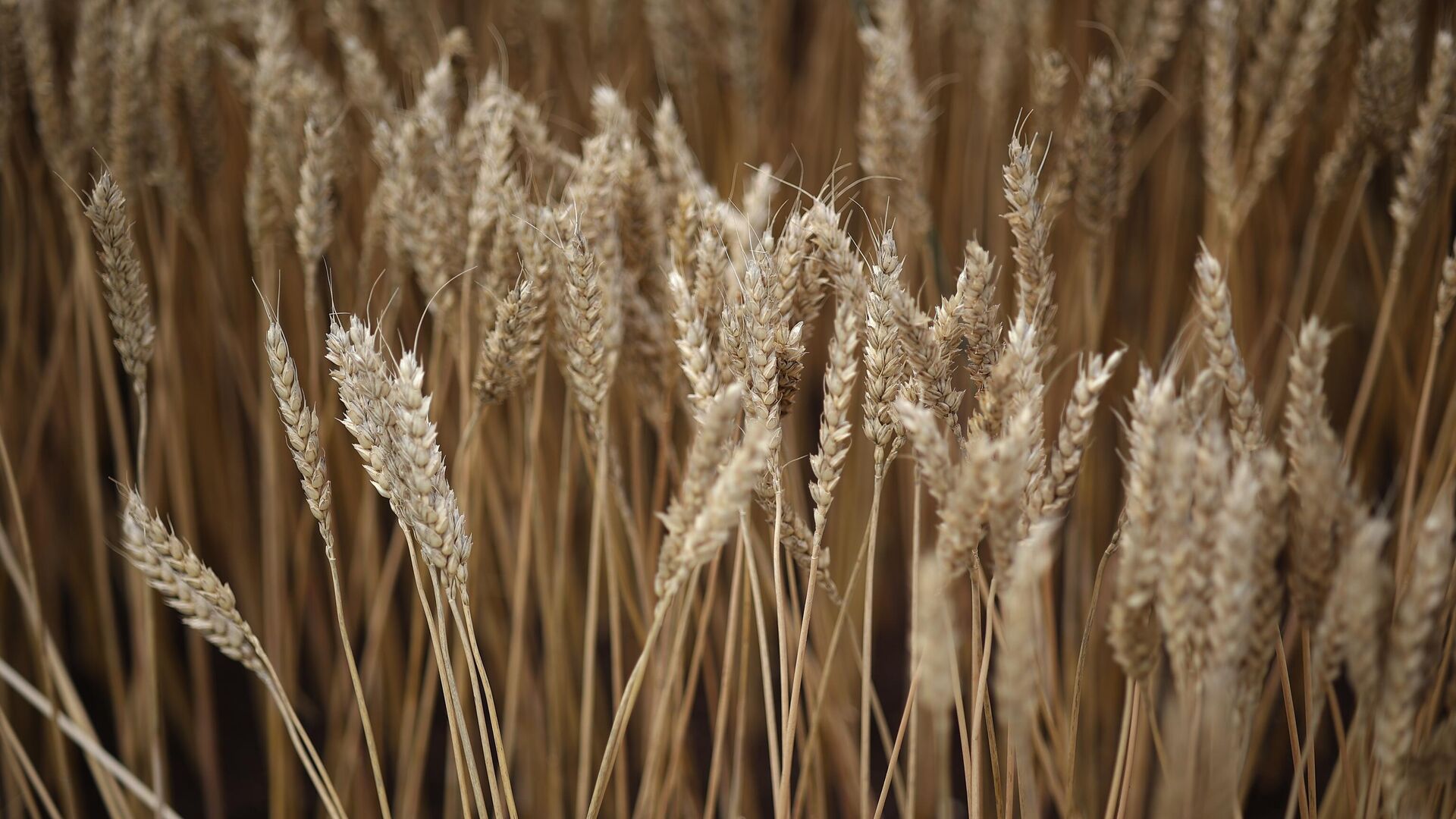https://en.sputniknews.africa/20240603/russia-supplied-asia-africa-with-380000-tonnes-of-food-over-last-five-years-prime-minister-says-1066864000.html
Russia Supplied Asia, Africa With 380,000 Tonnes of Food Over Last Five Years, Prime Minister Says
Russia Supplied Asia, Africa With 380,000 Tonnes of Food Over Last Five Years, Prime Minister Says
Sputnik Africa
MINSK (Sputnik) - Russia has supplied about 380,000 tonnes of food to African and Asian countries as humanitarian aid over the last five years, Russian Prime... 03.06.2024, Sputnik Africa
2024-06-03T19:46+0200
2024-06-03T19:46+0200
2024-06-03T19:46+0200
mikhail mishustin
russia
asia
belarus
eurasian economic union
russia-africa cooperation
humanitarian aid
malawi
kenya
zimbabwe
https://cdn1.img.sputniknews.africa/img/07e8/06/03/1066864189_0:0:3072:1728_1920x0_80_0_0_8df43374277f4e654391e2b46d7e637d.jpg
On Monday, Mishustin addressed a plenary session dedicated to the food security of the Eurasian Economic Union (EAEU) at the Belagro 2024 exhibition in Belarus. The high level of Russia's internal production allows the country to support other nations, he said. In February, Russia finalized the gratuitous transfer of 200,000 tonnes of Russian wheat to six African states, the prime minister added. The EAEU members plan to extend the current mechanism for agricultural exports for another year, the prime minister said. The issue will be discussed at a session of the Eurasian Intergovernmental Council, Mishustin said. Mishustin said the export policies of the EAEU member states were similar, adding that a transition to a common policy in this field will enable joint action to increase profits for all the members, instead of competition. The EAEU consists of Armenia, Belarus, Kazakhstan, Kyrgyzstan and Russia and three observer states – Moldova, Uzbekistan and Cuba. The Treaty on the Eurasian Economic Union was signed in 2014. The main objective of the bloc is to ensure the free movement of goods, services and labor among member states.
russia
asia
belarus
malawi
kenya
zimbabwe
nigeria
west africa
east africa
southern africa
Sputnik Africa
feedback@sputniknews.com
+74956456601
MIA „Rossiya Segodnya“
2024
Sputnik Africa
feedback@sputniknews.com
+74956456601
MIA „Rossiya Segodnya“
News
en_EN
Sputnik Africa
feedback@sputniknews.com
+74956456601
MIA „Rossiya Segodnya“
Sputnik Africa
feedback@sputniknews.com
+74956456601
MIA „Rossiya Segodnya“
mikhail mishustin, russia, asia, belarus, eurasian economic union, russia-africa cooperation, humanitarian aid , malawi, kenya, zimbabwe, nigeria, west africa, east africa, southern africa
mikhail mishustin, russia, asia, belarus, eurasian economic union, russia-africa cooperation, humanitarian aid , malawi, kenya, zimbabwe, nigeria, west africa, east africa, southern africa
Russia Supplied Asia, Africa With 380,000 Tonnes of Food Over Last Five Years, Prime Minister Says
MINSK (Sputnik) - Russia has supplied about 380,000 tonnes of food to African and Asian countries as humanitarian aid over the last five years, Russian Prime Minister Mikhail Mishustin said on Monday.
On Monday, Mishustin addressed a plenary session dedicated to the food security of the Eurasian Economic Union (EAEU) at the Belagro 2024 exhibition in Belarus. The high level of Russia's internal production allows the country to
support other nations, he said.
"We do that despite the obstacles created by the collective West in terms of financial servicing of transactions, logistics and insurance. Over the last five years we have supplied approximately 380,000 tonnes of food as humanitarian aid to the countries of Africa and Asia,” the politician said.
In February, Russia finalized the gratuitous transfer of 200,000 tonnes of Russian wheat to six African states, the prime minister added.
“Over 110,000 tonnes of fertilizers have been sent to Malawi, Kenya, Zimbabwe and Nigeria. Unfortunately, due to the actions of ill-wishers, many more fertilizers were detained in the European ports. Though Russia decided to send these shipments free of charge to those in need,” Mishustin said.
The EAEU members plan to
extend the current mechanism for agricultural exports for another year, the prime minister said.
“On an annual basis, indicative balances are being worked out for the most important goods - wheat and wheat-and-rye meal blend, barley, corn, sunflower seeds, sugar and sunflower oil. Harmonization of such indicators will help to coordinate the export of this group of products from the [Eurasian Economic] Union to foreign markets, among other things. We plan to extend the current mechanism for another year,” Mishustin said.
The issue will be discussed at a session of the Eurasian Intergovernmental Council, Mishustin said.
“Balances should be formed for all the critically important goods and their preparation should be synchronized, taking into account the medium-term and long-term agriculture development plans of each country of the ‘five’ [EAEU member states],” he said.
Mishustin said the export policies of the EAEU member states were similar, adding that a transition to a common policy in this field will
enable joint action to increase profits for all the members, instead of competition.
The EAEU consists of Armenia, Belarus, Kazakhstan, Kyrgyzstan and Russia and three observer states – Moldova, Uzbekistan and Cuba. The Treaty on the Eurasian Economic Union was signed in 2014. The main objective of the bloc is to ensure the free movement of goods, services and labor among member states.

